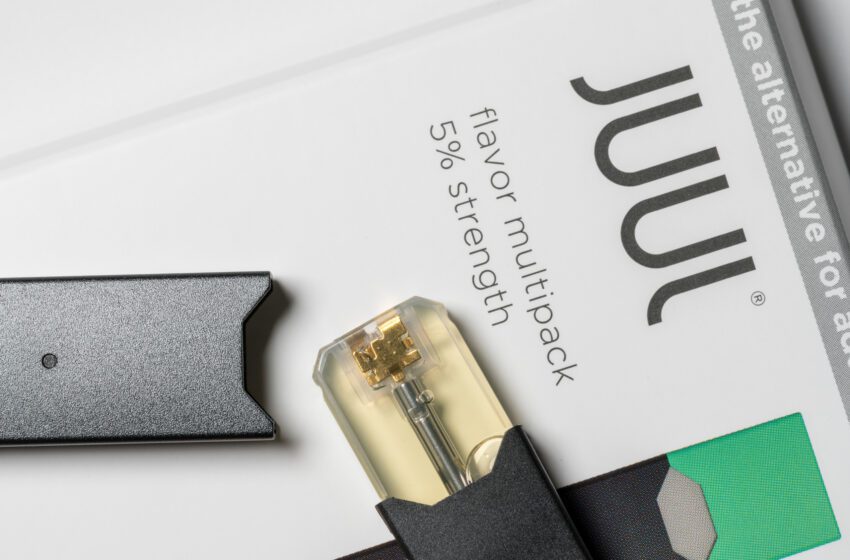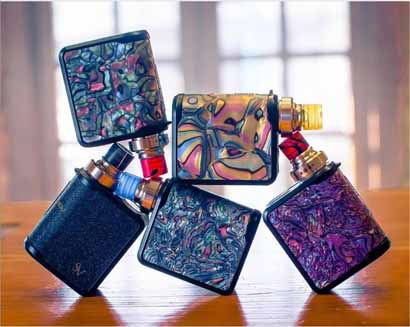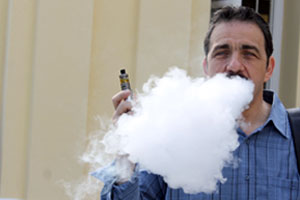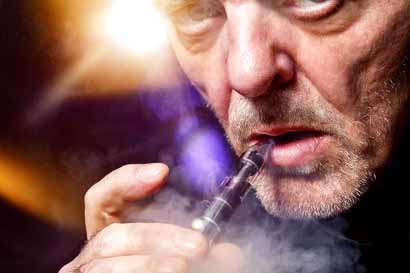Today, the US Food and Drug Administration (FDA) has posted a notice in the Federal Register announcing the publication of the final guidance, “Interpretation of and Compliance Policy for Certain Label Requirement; Applicability of Certain Federal Food, Drug, and Cosmetic Act Requirements to Vape Shops.” This guidance finalizes the draft guidance of the same title, which was available for public comment on January 17, 2017.
For example, under the Food, Drug, and Cosmetic Act, a tobacco product in package form is misbranded if its label does not include an accurate statement of the percentage of tobacco used in the product that is foreign-grown and domestic-grown, according to the FDA. The FDA does not intend to enforce this for tobacco-derived liquid nicotine, e-liquid made or derived from tobacco, cigars, smokeless tobacco, and waterpipe tobacco, according to the FDA.
Additionally, For products that do not yet have marketing authorization orders, a vape shop’s modifying a product would generally result in a new tobacco product for which the vape shop is required to seek premarket authorization (PMTA).
The FDA does not intend to enforce these requirements if the vape shop modifies a tobacco product consistent with the specifications provided by the original manufacturer. FDA is providing this compliance policy because FDA does not expect these modifications to alter the performance of the tobacco product as described or intended by original manufacturers.
Refilling open systems is allowed if the vape shop does not make any further modifications to the product or any modifications to the e-liquid (e.g., mixing) before, during, or after the refill, that are either outside the marketing authorization order or, if there is no marketing authorization order, inconsistent with the original manufacturer specifications, then FDA does not intend to enforce these requirements.
For the below actions a PMTA would be required, including HPHC reports, and health documents pursuant to section 904 of the FD&C Act); and engaged in the manufacture, preparation, compounding, or processing of tobacco products (and thus required to register and list pursuant to section 905 of the FD&C Act):
• A vape shop that modifies a closed ENDS14 to refill it for a customer. • A vape shop that repairs and modifies an atomizer head, and the modification is outside the marketing authorization order.
• A vape shop that replaces the coils in an ENDS product that was on the market as of August 8, 2016 but that does not yet have a marketing authorization order with coils that have a different ohm15 and/or wattage rating. 16 If there are no specifications from the original manufacturer, then the vape shop would not be subject to the compliance policy described above (in section IV.B.1.b).
• A vape shop that assembles a custom final product17 from components or parts sold individually or from multiple pre-built kits, that were on the market as of August 8, 2016 but that do not yet have marketing authorization orders.18
If a vape shop performs the following activities in the examples below, the vape shop would not be required to seek premarket authorization; submit ingredient lists, HPHC reports, and health documents in accordance with section 904 of the FD&C Act; or register and list in accordance with section 905 of the FD&C Act:
• A vape shop that demonstrates the use of an ENDS product without assembling the product, including by providing instruction designed to assist users on the correct use of the product.19
• A vape shop that explains how to charge the battery or fill the ENDS tank, or how to turn on the ENDS device If a vape shop performs the activities in the examples below, the vape shop would not be required to seek premarket authorization.
To the extent that the vape shop would be a tobacco product manufacturer (and thus required to submit ingredient lists, HPHC reports, and health documents pursuant to section 904 of the FD&C Act) and engaged in the manufacture, preparation, compounding, or processing of tobacco products (and thus required to register and list pursuant to section 905 of the FD&C Act), FDA does not intend to enforce those requirements:
• A vape shop that maintains an ENDS product by cleaning or tightening fixtures (e.g., screws)
• A vape shop that replaces the coils in an ENDS product with identical coils from the same manufacturer (e.g., same ohm and wattage rating)
• A vape shop that assembles a final product from the components or parts packaged together in a pre-built ENDS kit or from components and parts sold individually or from multiple kits if the final assembled product consists of components and parts that are also available packaged together in a single pre-built ENDS kit.









